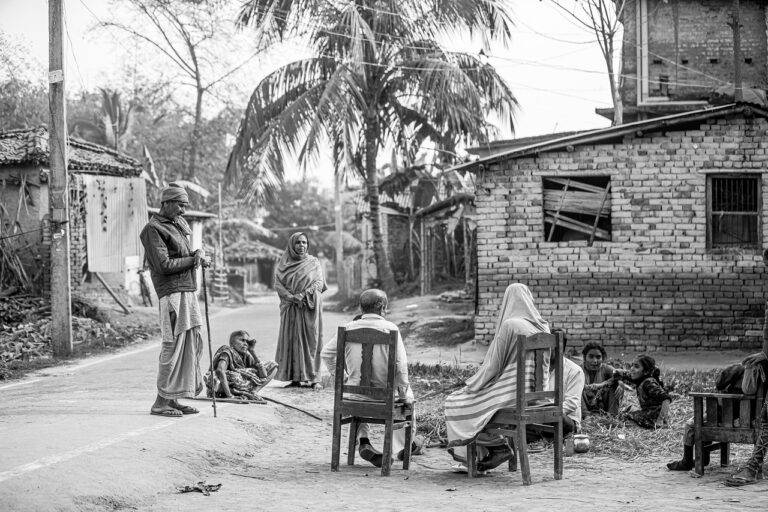The Role of Election Monitors in Ensuring Fairness
Election monitoring plays a crucial role in upholding the integrity of democratic processes. By ensuring transparency and fairness in electoral procedures, monitoring helps to foster trust among citizens towards their government. It also holds accountable those in power and helps prevent electoral fraud, ultimately safeguarding the rights of voters to freely and fairly choose their leaders.
Moreover, election monitoring serves as a mechanism to detect and address any irregularities or discrepancies that may arise during the voting process. With impartial observers on the ground, instances of voter intimidation, coercion, or other forms of electoral malpractice can be identified and reported promptly, contributing to the overall credibility of the election outcome. This monitoring not only promotes the principles of democracy but also contributes to the stability and legitimacy of the government elected by the people.
Who Conducts Election Monitoring
Election monitoring is a critical process that ensures the transparency and fairness of electoral procedures. Those responsible for conducting election monitoring are often independent organizations or institutions with the expertise and resources to oversee the electoral process. These monitoring bodies play a vital role in upholding democratic principles and safeguarding the integrity of elections.
Additionally, international organizations, such as the United Nations and the European Union, are frequently involved in election monitoring efforts in various countries around the world. These organizations bring a level of credibility and impartiality to the monitoring process, which is essential for ensuring the legitimacy of election outcomes. Through their involvement, international bodies can provide valuable insights and recommendations for improving electoral processes and fostering democratic practices globally.
The Process of Election Monitoring
Election monitoring begins with the establishment of a monitoring team comprising individuals with diverse backgrounds and expertise in election processes. These teams are often deployed to different polling stations to observe the voting process firsthand, ensuring transparency and fairness in the electoral process. The monitors closely observe voter registration, campaigning activities, polling, vote count procedures, and the announcement of results to identify any irregularities or potential issues.
Throughout the monitoring process, data collection plays a crucial role in providing evidence-based assessments of the electoral process. Monitoring teams gather information through various methods such as interviews with election officials, citizens, and candidates, as well as through the analysis of official documents and reports. This data is then compiled and analyzed to produce comprehensive reports that highlight any violations of electoral laws, instances of voter intimidation, or any other discrepancies observed during the election.





